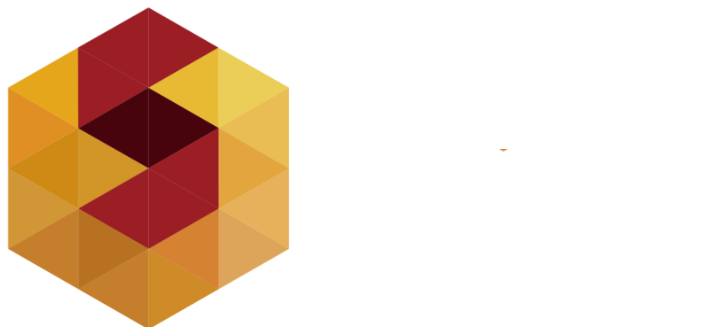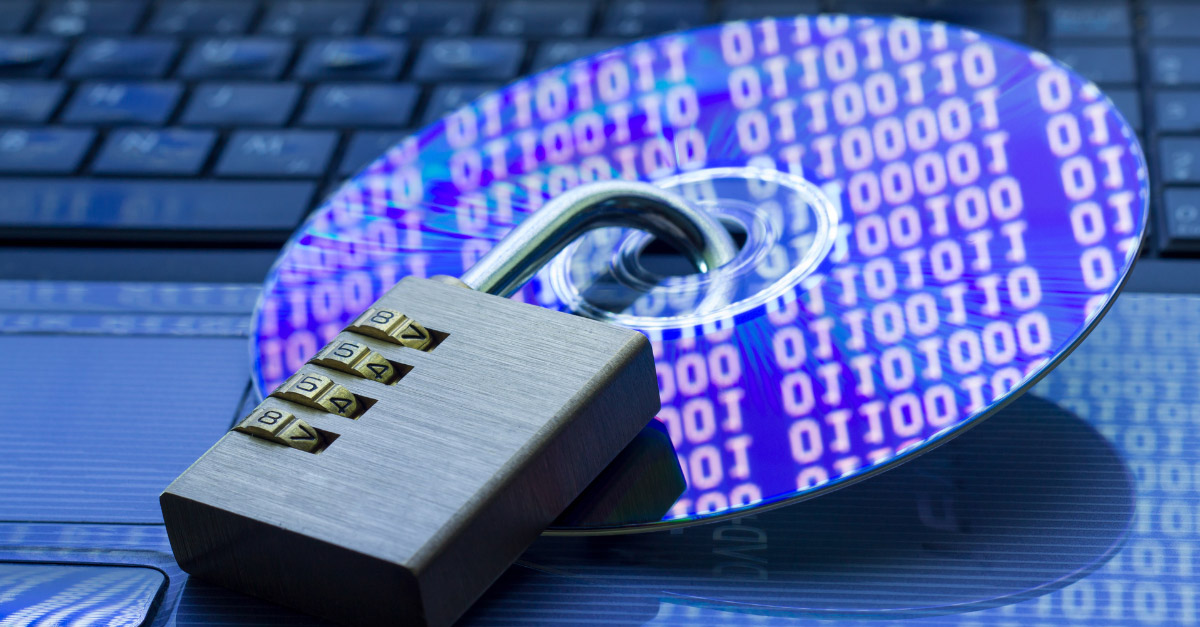Cybersecurity, data privacy, compliance, and certifications; as the 21st century progresses, these terms are more valid than ever. Ransomware attacks, data breaches, and unwanted information disclosure are estimated to have cost the industry trillions of dollars in 2021.
Businesses worldwide need to embrace the higher security standards possible to keep themselves, their collaborators, partners, and customers safe.
When a business considers any form of outsourcing, the chosen outsourcing partner must meet at least the same security standards as the contracting company. Otherwise, outsourcing alone becomes a possible attack vector.
This article will present some of the most common points and considerations companies should consider when choosing an outsourcing business partner.
General Data Security considerations
Outsourcing is prevalent among companies of all sizes and industries. The reason is simple: outsourcing, when correctly implemented, translates into dramatic cost savings and efficiency improvements.
Companies can tap into external talent pools, whether in their home countries or abroad. Traditionally for manufacturing and later call centers, outsourcing nowadays can apply to virtually any business process, from software development to human resources.
Businesses have much to gain from a professionally implemented outsourcing strategy.
However, despite its popularity, having key processes outsourced to a partner outside a company does not come without risks regarding data security.
Businesses must select partners that are compliant with the same standards that apply to them. Typical examples are ISO standards, HIPAA for the health industry, and PCI for online retail and fintech, among many others.
Data security for a distributed workforce
Distributed teams are an increasing trend. The COVID19 pandemic has dramatically sped up the pace of companies converting from entirely in-house teams to partial or complete remote collaboration.
This is especially true for the software outsourcing industry. It is common practice for companies in the US to hire partners from LATAM, and EU-based companies are used to hiring collaborators from Eastern Europe or even Asia.
Before distributed work, companies relied entirely on in-house security measures. These include access policies, security cameras, badges, on-site security personnel, device restrictions, and other surveillance practices.
Security practices need to be adapted for the reality of a distributed team working from abroad offices or even from their homes.
The use of a corporative VPN is considered mandatory. Traffic in and out of company servers should be encrypted. Security policies should be installed or otherwise enforced on team members’ devices.
For example, a company can implement the use of disk partition encryption should a laptop be lost or stolen.
Another issue is identity management. A centralized solution like Okta can help businesses centralize and control user access among all its platforms and tools. Many security attacks occur when an outdated, overlooked legacy platform is inadvertently disclosed to the internet with poor user login practices.
Using a centralized identity to log in to each platform or tool is an excellent way of minimizing these risks. Companies should look for outsourcing partners that meet all these best-practices requirements.
If what Microsoft’s CEO said is true, every company is now not only a software company but also a company with software security concerns. This translates into data handling practices and data security protocols from a data protection standpoint.
However, both companies and outsourcing partners should not overlook the human factor in adhering to these rules.
This is why choosing the right outsourcing partner must involve the technical aspects mentioned above and the compliance and legal framework that covers the consumer-provider relationship.
Source: www.devlane.com



